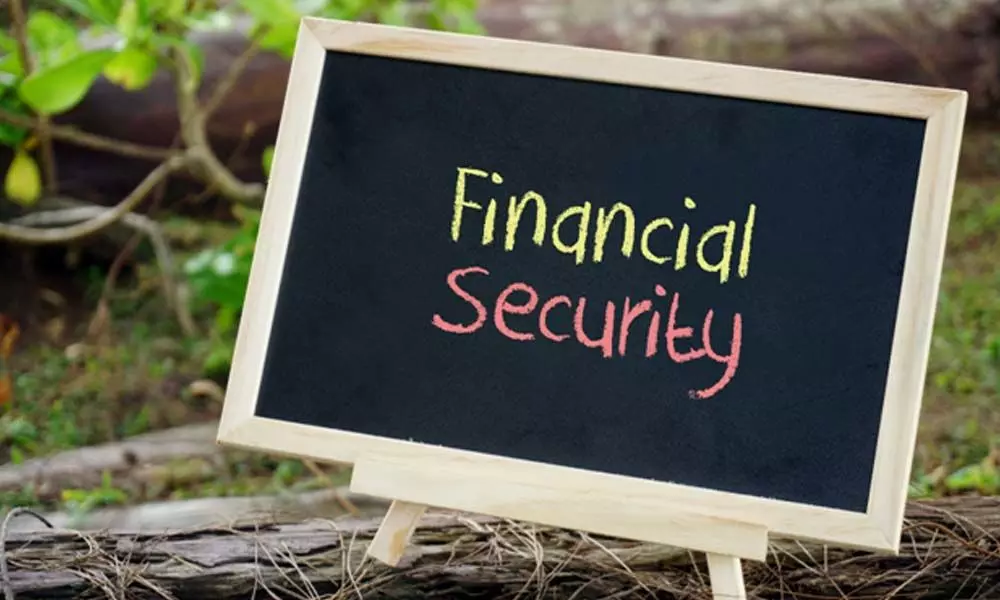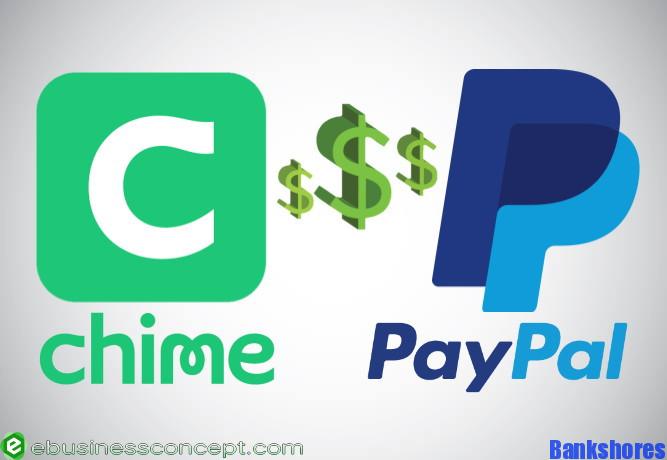When it comes to buying a home, securing financing can be one of the most confusing parts of the process. Even with help from a great mortgage broker, there are often so many options to choose from that it’s hard to know where to start. Fortunately, with these tips on how to secure special financing, you can make your search easier and put yourself in the best position to buy the home of your dreams.
Picking the Right Mortgage Type
One of the most important decisions you’ll make when you’re looking to buy a home is deciding which type of mortgage you want. Fixed-rate and adjustable-rate mortgages both have their pros and cons, but when it comes down to it, an adjustable-rate mortgage (ARM) may be the best bet for most people.
Adjustable-rate mortgages work like traditional fixed-rate loans, except that each month your interest rate and monthly payment will change based on a specific index. If you take out an adjustable-rate mortgage with a 1/1 (one year) ARM and interest rates drop over time, your monthly payments will also decrease. However, if rates rise above what you’re paying today, your monthly payments could go up dramatically.
There are a few things to consider when deciding whether or not an adjustable-rate mortgage is right for you. The first thing you’ll want to think about is your financial situation. An adjustable-rate mortgage is probably not a good idea if you know you’ll need to pay off your loan in five years or less because your interest rate might jump after just one year. For those who plan on living in their home for many years before moving, however, an ARM can offer the benefits of potentially lower monthly payments during those years.
You’ll also want to think about your personal financial situation. If you have a very good credit score, an adjustable-rate mortgage can help you save money because you may get a lower interest rate than what’s available with a fixed-rate loan. However, if you’re worried about managing two mortgage payments in case rates go up, or if your credit score isn’t so hot, an adjustable-rate mortgage might not be for you.
Maximizing Rates with Credit History
Check your credit before you even consider applying for a mortgage loan. You want to know where you stand so that you can maximize your rates with good credit history. Make sure that all accounts are up-to-date, no late payments and that you have a good balance in relation to the credit limit of each account. Banks use this information to determine how trustworthy of a borrower they believe you are, so when they look at it they will want to see an established history, rather than recent activity. If your credit score is 650 or higher then you should be able to get a lower interest rate.
Getting Preapproved Early
Homebuyers should be proactive in working with their mortgage lender to see if they are eligible for a special loan that requires less down payment or zero money down. Start the process as early as possible, by getting preapproved and knowing how much you qualify for from your lender. The process of getting pre-approved is generally easier than the final loan approval since you will only need to submit one set of financials instead of two.
If you are purchasing with a partner, be sure to both get pre-approved before starting your home search. This way, you’ll be prepared if one of you finds a property and want to make an offer on it immediately. If only one partner is pre-approved, that partner can take their own financing application to their lender and get their own approval in just a few days – but that means neither of you will have any financing lined up when looking at properties together.
Fixing Inadequate Credit Scores
In order to qualify for special financing, you will need a credit score of 640 or higher. To give yourself the best chance at qualifying, consider making some changes to your current spending habits and building up your credit score: Pay off your bills in full each month, and shop around for loans that don’t require a hefty down payment (some lenders offer 100% financing), and avoid carrying a balance on your cards.
Calculating Closing Costs
On top of the down payment, home buyers will have to pay closing costs as well. These are considered one-time fees related to purchasing a property. The cost is typically between 2% and 7% of the purchase price, but in some cases, it can be even higher. Closing costs vary greatly depending on how much you put down, how much you borrow and what type of loan you use.
It is important to consider calculating closing costs because they may seem like an additional expense that could cause more financial strain than anticipated. Lenders calculate closing costs by adding up all the items involved in buying a house including title insurance, appraisal fee, origination fee (points), transfer taxes and escrow fees.
Negotiating Down Mortgage Rates
First, when you’re looking to purchase a home, make sure to consider the down payment amount. The bigger the downpayment, the lower your monthly mortgage payments will be. And if there is a significant difference in rates between different lenders, using this negotiation tactic can potentially save you thousands of dollars.
Searching for Low-Down Payment Mortgages
Down payments can be the largest expense when it comes to buying a home. Down payments typically require upwards of 20% of the purchase price, but there are options for financing homes with less than 20% down. Check out these tips and tricks to find a loan that is right for you!
Get creative with your financing strategy by talking to mortgage lenders about any other low-down-payment mortgage programs that might work better for you. One example of this would be an FHA loan that requires just 3.5% down if the borrower has sufficient credit scores and a strong enough income.
Keeping Costs Down in Other Ways
Some of the ways to keep your costs down when making a home purchase include using an existing mortgage, qualifying for the FHA, or self-financing. When possible, try to avoid getting private financing, which is more expensive than mortgages and can add as much as 3% in extra costs. If you still want to go that route and save on points, calculate how many months it will take you to recoup the cost of your points by reducing your monthly payment at the current interest rate.






